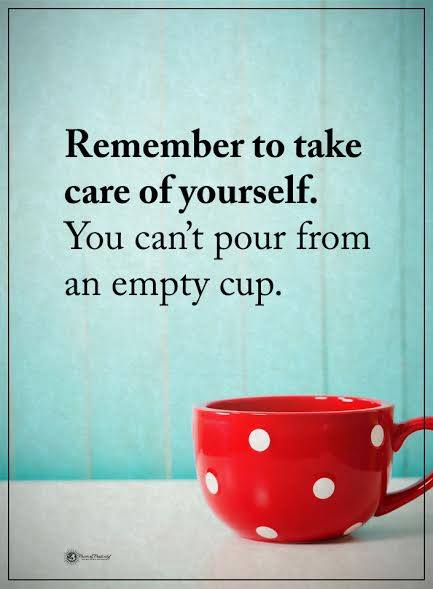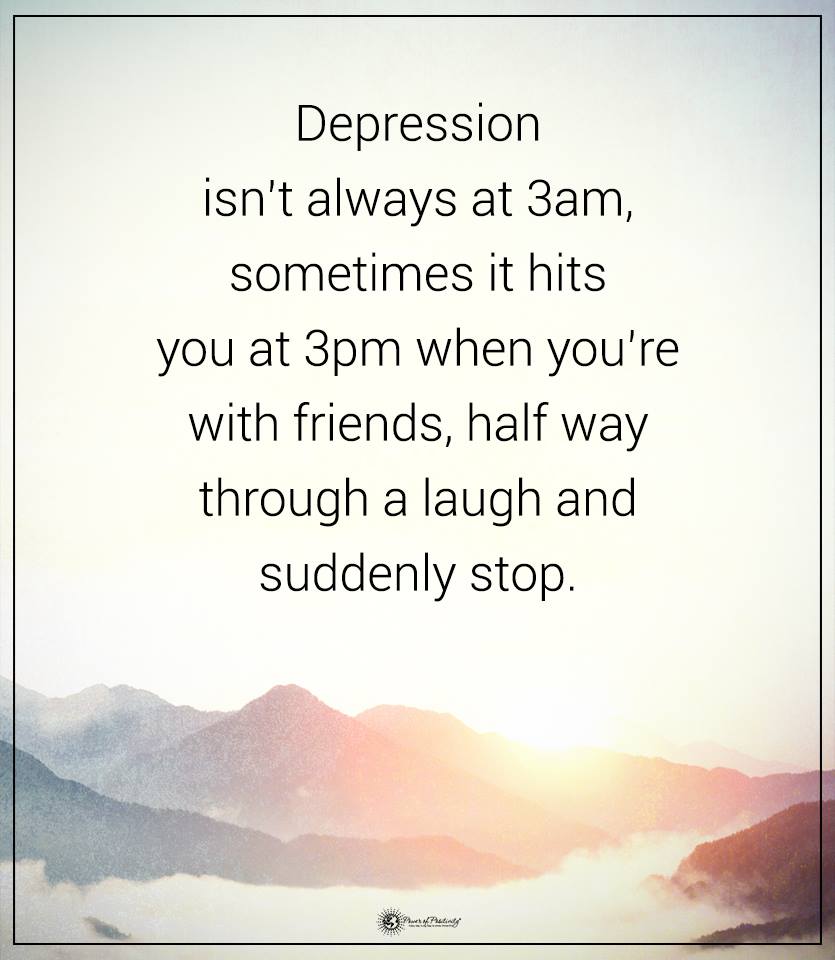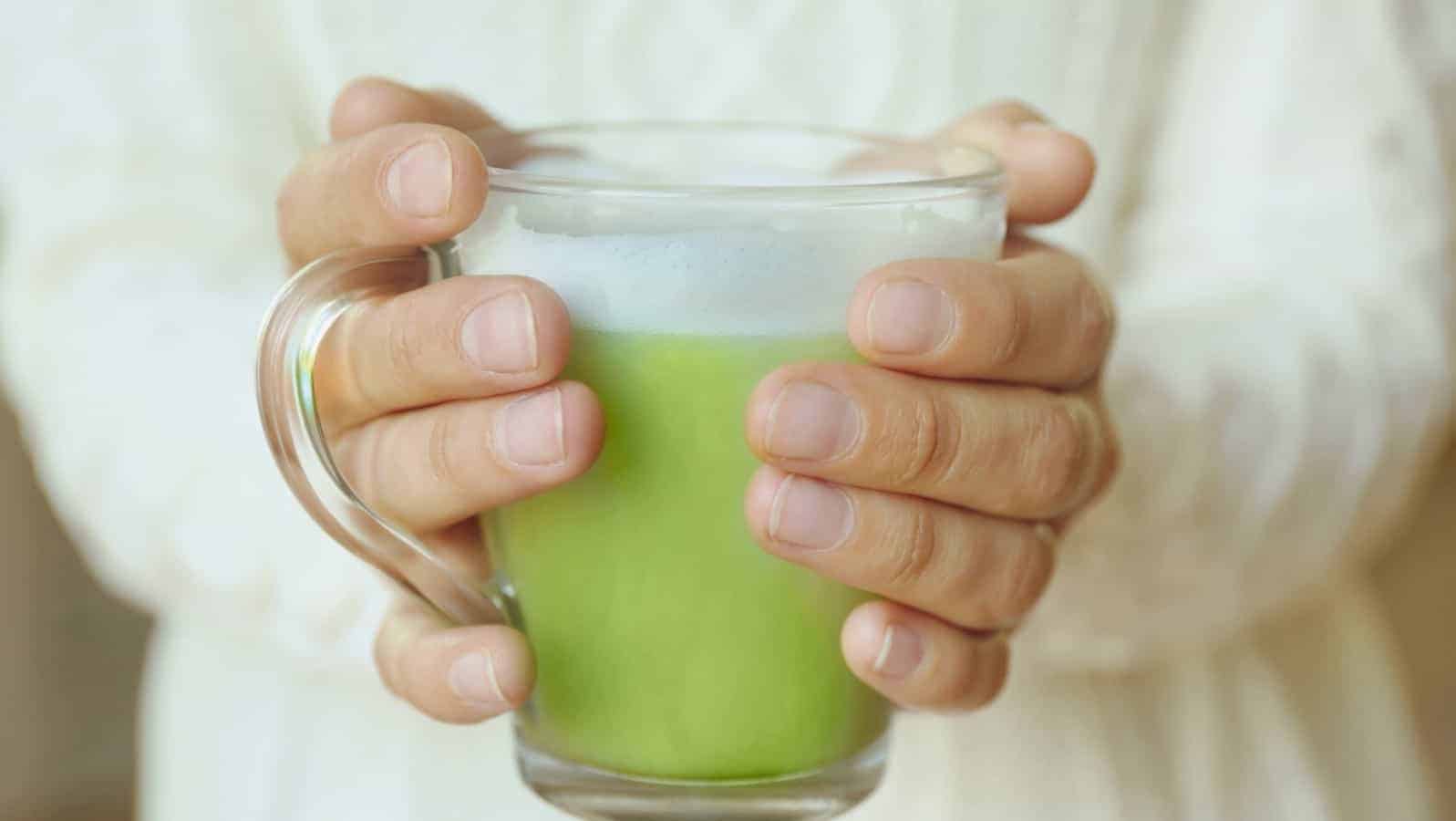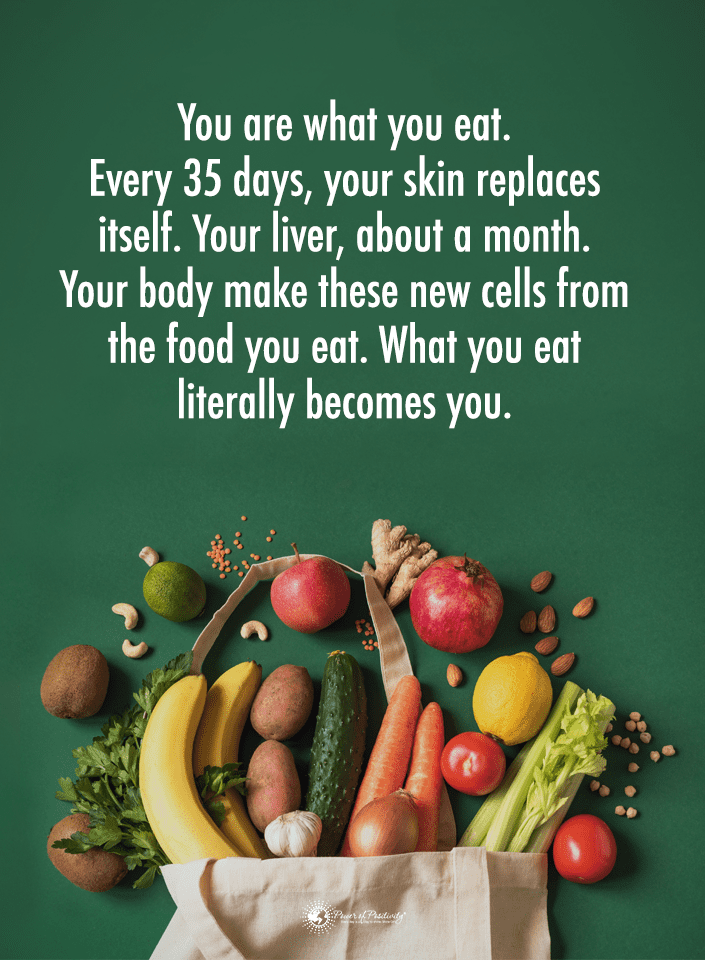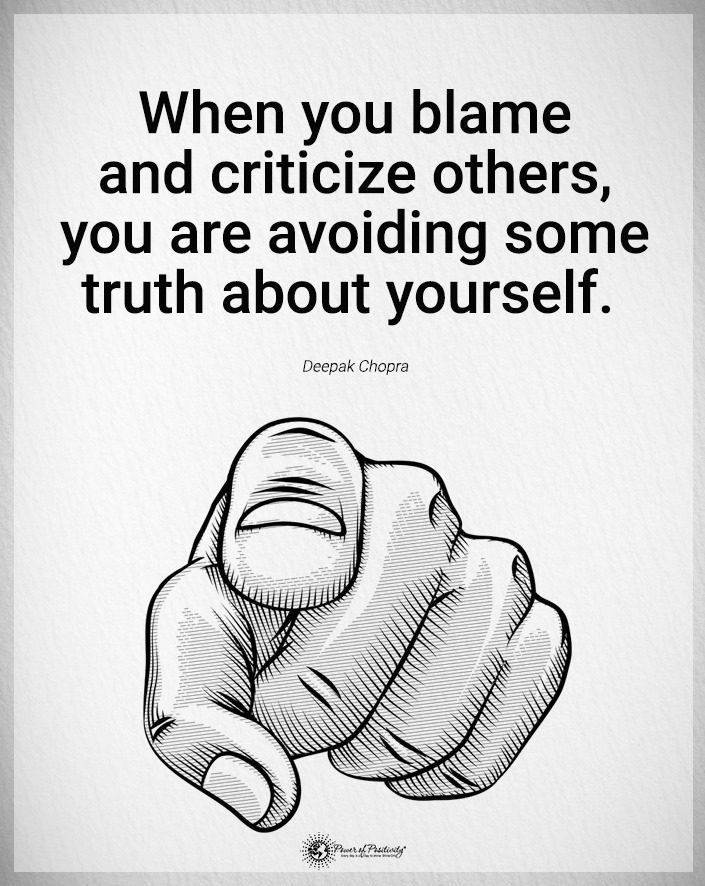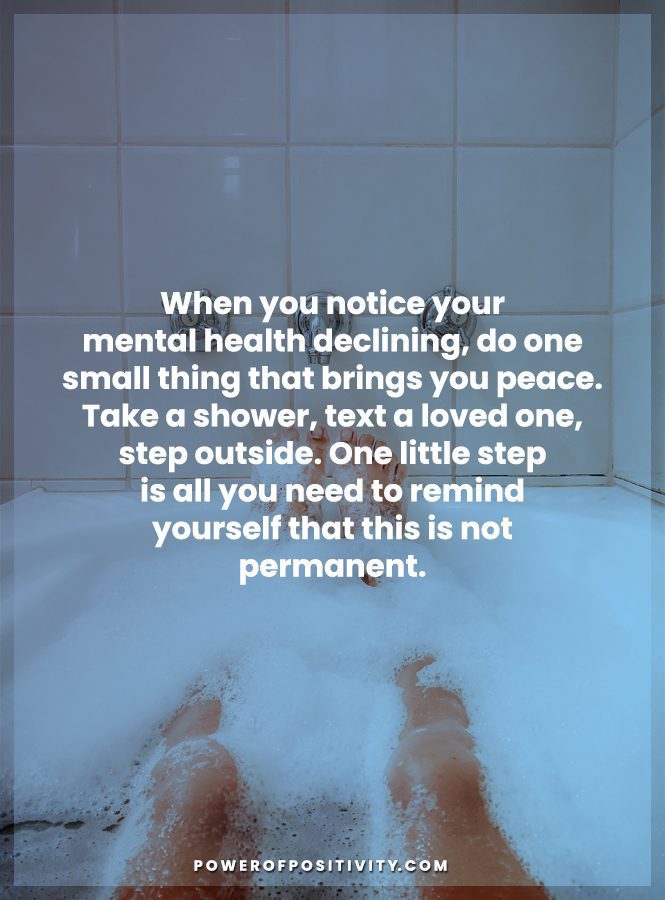What does it mean to have a ‘cold heart’? Usually, a ‘cold heart’ describes someone emotionally unavailable. They are not warm or loving type of people.
“…I perceive so-called “cold people” as, more than anything else, people who are shut-down, repressed, and out of touch with their deeper feelings. Further, emotionally alienated from themselves, they can hardly be expected to express to others feelings that they themselves are unable to access,” says clinical psychologist and author, Leon F. Seltzer, Ph.D.
Getting involved with someone with a ‘cold heart’ can often lead to heartbreak for the individual in question. However, people with ‘cold hearts’ have certain behaviors that make them easy to spot.
“A person with a cold heart can only show their love by being cold.” – PureDragonWolf
Here Are 8 Behaviors That Reveal Someone Has A ‘Cold Heart’
1. They don’t ask you about yourself
A cold-hearted person doesn’t often show much interest in the person they’re with. Whether the relationship is romantic or platonic, a cold-hearted person has very little interest in other people. They won’t ask you questions about yourself. Or, if they do, it’s to learn information that is useful to them in some way.
2. Someone with a cold heart seems distant
Not just physically but emotionally. It may seem like they’re never really “all there” when you’re having a conversation. They keep a lot of their feelings to themselves. Someone with a ‘cold heart’ rarely ever opens up about their emotional vulnerabilities. They keep their distance, no matter what.
3. Something is always ‘missing’
You can’t connect with a person who has a cold heart. When you’re with them, it may always feel like a piece of something ‘missing’ from the relationship. Whether the relationship is romantic, platonic, or familial, a cold-hearted person will always have difficulty connecting with the people in their life. Something is ‘missing’, and it’s usually an emotional connection.
4. A person with a cold heart can be manipulative
Someone with a ‘cold heart’ will often try to control the people around them through manipulation. This is because they often lack empathy for other people. “Manipulators often voice assumptions about your intentions or beliefs and then react to them as if they were true in order to justify their feelings or actions, all the while denying what you say in the conversation,” says Darlene Lancer, JD, MFT.
A cold-hearted person will try to manipulate everyone around them. They may try to get close to people and find out information that is useful to them. They will often have skeletons in their closets and a list of people they have manipulated for one reason or another.
5. Someone with a cold heart struggles to maintain good relationships
Someone with a ‘cold heart’ will have no good relationships in the past. “Emotionally unavailable people see a relationship as a source of comfort — something to occupy their time until something better comes along,” says author and relationship expert Sarah Rusca Cline.
They may often characterize their ex-partners as “crazy.” They have a string of bad relationships left in their wake or can’t seem to settle down with one person. They also may have a disconnect from their family. A person with a ‘cold heart’ is also not likely to have very many close friends, either. Keep an eye out for this person’s past and present relationships.

6. Self-centered
Me, me, me. Someone with a cooler demeanor will often be focused on how everything affects them – even when it doesn’t. “Unconsciously viewing others as “extensions” of themselves, they regard them as existing primarily to serve their own needs—just as they routinely put their needs before everyone else’s…” says Dr. Seltzer
They tend to be incredibly self-centered. This behavior manifests in playing the victim or trying to one-up someone. If you get a promotion, a cold-hearted person will somehow be able to make it about them. They might say they got a better promotion (even if they didn’t).
7. Lying
Lying is a behavior to watch out for when it comes to someone with a ‘cold heart.’ A lie is a part of manipulation, which a cold-hearted person uses to control the people around them. They may lie about things that don’t really matter, like what they did that day, or what school they went to. A cold-hearted person may also lie about big things.
Usually, someone with a ‘cold heart’ will lie about their past relationships, or any falling out with friends. “…you’ll see a history of his fabricated storytelling and wonder to yourself how you could have ever believed some of those absurd lies in the first place,” says divorce recovery coach Cindy Holbrook. They lie to make themselves seem more sympathetic.
8. A person with a cold heart will often treat others poorly
Someone with a ‘cold heart’ will often show their hand. “They exhibit a constant need to talk about (display) themselves in flattering and egotistical ways, with frequent reminders of their superior and envy-worthy dispositions,” says professor, author, and private coach, Preston Ni.
In this case, keep an eye out for how they treat people they deem ‘beneath’ them in the social hierarchy. How they treat anyone in the service industry should be observed closely. You should also keep an eye out for how they treat homeless people. A person with a cold heart won’t have the empathy to treat these people as human beings worthy of respect.
What Causes Someone to Have a Cold Heart?
A person can have a distant or cold heart for various reasons, including:
- Past experiences: Traumatic events or negative experiences in childhood or adulthood can lead to emotional distance or coldness as a way of protecting oneself.
- Childhood trauma or neglect: Childhood experiences such as abuse, neglect, or trauma can significantly impact a person’s ability to form healthy relationships and connect emotionally with others.
- Mental health conditions: Mental health conditions such as depression, anxiety, or borderline personality disorder can lead to a cold or distant demeanor as a defense mechanism.
- Difficulty with emotions: Some people may struggle with regulating their emotions and may withdraw emotionally as a way of coping.
- Lack of attachment or bonding experiences: People who have had limited positive attachments or bonding experiences early in life may find it difficult to connect emotionally with others.
Of course, everyone’s experiences and reasons for having a distant or cold heart are unique and complex. Working with a mental health professional to address these issues and develop healthier ways of coping and connecting with others can be helpful.

Final Thoughts on Someone With a Cold Heart
Getting mixed up with someone with an aloof or distant demeanor can be taxing. However, knowing the signs will put you ahead of the game. Don’t be afraid to remove yourself from the life of a person who is cool as ice. Everyone deserves to have healthier and happier relationships than ones with cold-hearted people.


